
Product
Ceclor Cd (Generic) 375 MG
$101.00 – $468.00
Ceclor CD is a potent antibiotic used to treat infections caused by Gram-positive and Gram-negative bacteria. It is effective in the treatment of pneumonia, strep throat, staph infections, tonsillitis, bronchitis, otitis, various types. GENERIC MODEL ‘DI
- MANUFACTURER:
- SALT COMPOSITION:
General information
Ceclor CD is a second-generation cephalosporin antibiotic used to treat infections caused by bacteria. It is a potent, long-acting antibiotic with bacteriostatic properties that works via inhibiting bacterial protein synthesis. It is effective against a large variety of diseases caused by Gram-positive and Gram-negative pathogens. It is aimed to alleviate symptoms related to pneumonia, strep throat, staph infections, tonsillitis, bronchitis, otitis, various types of skin infections, gonorrhea, and urinary tract infections. Ceclor is not effective against viral infections such as the common cold or flu.
Directions
Determine a proper dosage that best suits your condition with a doctor. You must carefully follow all directions. Avoid exceeding your dose or taking the medication longer than it was advised by your doctor. This medication is not chewed, crushed or broken while taking. Swallow it whole with a full glass of water. It may be taken with or without food. If you feel better after a few days of the treatment, you should still continue taking this medicine. It is important to complete the full course. In case you stop taking Ceclor CD without your doctor’s permission it may result in bacteria growth and aggravation of the infection’s symptoms.
Precautions
Before taking Ceclor CD, tell your doctor or pharmacist if you are allergic to penicillins or other cephalosporins. This product may contain inactive ingredients, which can cause allergic reactions. This medication is prescribed cautiously if you anamnesis contains a history of severe kidney disease, intestinal disease (colitis). This medication should be used only when clearly needed during pregnancy. Discuss the risks and benefits with your doctor. This medication may impair your alertness and ability to concentrate, so be careful while driving or with doing anything that requires you to be alert and attentive.
Contraindications
Ceclor is contraindicated in patients showing hypersensitivity to any component of the medicine and other cephalosporin antibiotics (Ceclor, Ceftin, Cefzil, Duricef, Fortaz, Omnicef, Spectracef, Suprax) and penicillins. This medication is administered cautiously in patients suffering from chronic renal insufficiency, colitis, diabetes. It should not be given to pregnant and breastfeeding women, patients that suffer from malnutrition and children under 12 years old unless directed by the pediatrician.
Drug interactions
Ceclor is able to interact with a class of uricosuric drug such as probenecid (Benuryl, Benemid, Probalan; with blood thinners (anticoagulants) such as warfarin (Coumadin, Jantoven, Marevan, Lawarin, Waran, and Warfant). Interaction with warfarin leads to enhancing of the anticoagulant effect. Excretion of cephalosporin is reduced by probenecid. Please check with your doctor or pharmacist a list of other medications and food supplements you are allowed to take consentaneously with this product.
Missed dose
If you forgot to take your dose, do it as soon as you remember. Avoid taking the medicine if it is too late or almost the time for your next dose. Never take a double dose. There should be an interval of 4 hours between doses.
Overdose
If you suspect you have used too much of this medication, seek emergency medical attention right away. Do this even if there are no signs of discomfort or poisoning. You may need urgent medical attention. The most common symptoms of overdose include: nausea, emesis, digestive upsets (stomach pain, persistent diarrhea). If any of these effects persist or worsen, notify your doctor or pharmacist promptly.
Storage
This medication is stored in a cool dry place at temperature between 15-25 C (59-77 F), away from sources of sunlight, heat and moisture. Do not store this drug in the bathroom. Keep this product out of the reach of children and pets.
Note
The information presented at the site has a general character. Note please this information cannot be used for self-treatment and self diagnosis. You should consult with your doctor or health care adviser regarding any specific instructions of your condition. The information is reliable, but we concede it could contain mistakes. We are not responsible for any direct, indirect, special or other damage caused by use of this information on the site and also for consequences of self-treatment.
Possible side effect
The most common side effects are mild and include: nausea, vomiting, diarrhea, dizziness, light-headedness, unsteadiness, fatigue, loss of appetite, headache, allergic reactions such as rash or hives, swelling of face or tongue, difficulty in swallowing, jaundice, nervousness, insomnia, colitis and hallucinations. Pay attention to a possibility of suffering from pseudomembranous colitis (a colon inflammation caused by eradication of the normal gut flora by antibiotics). This is not a complete list of all possible side effects. Others may occur in some people and there may be some side effects not known yet. In case you have experienced any side effect not listed above, immediately notify your doctor or local poison centre.


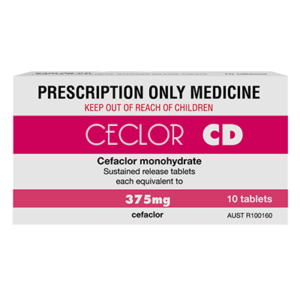
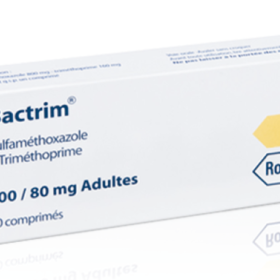
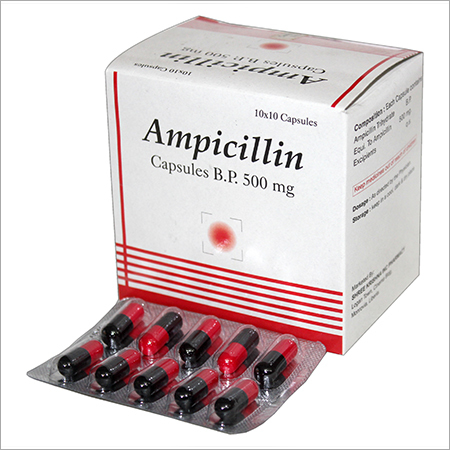
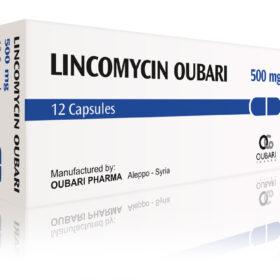

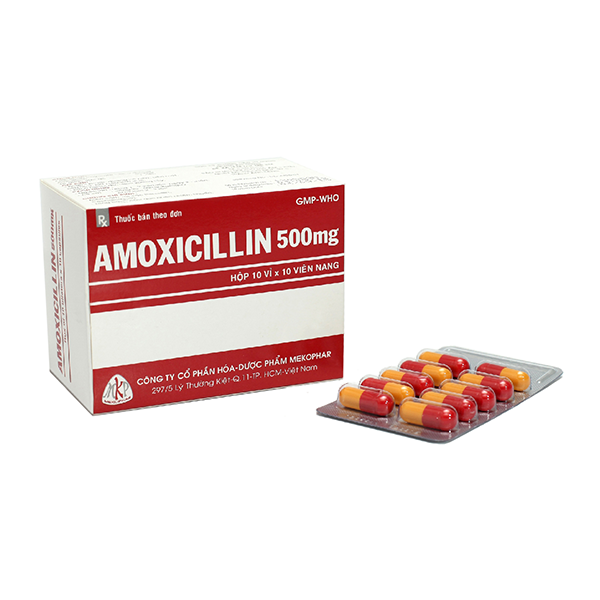
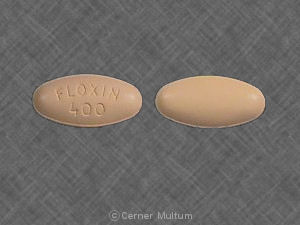
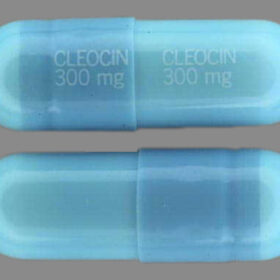
Reviews
There are no reviews yet.